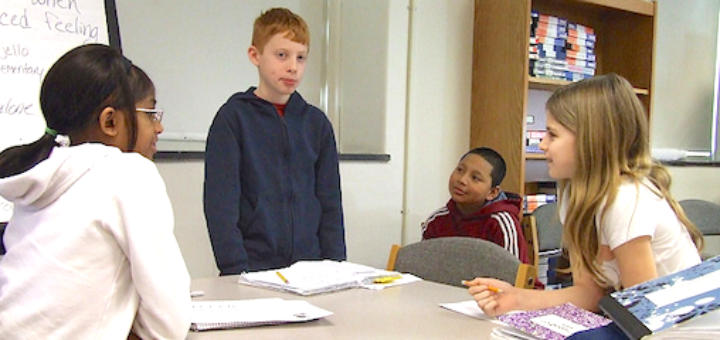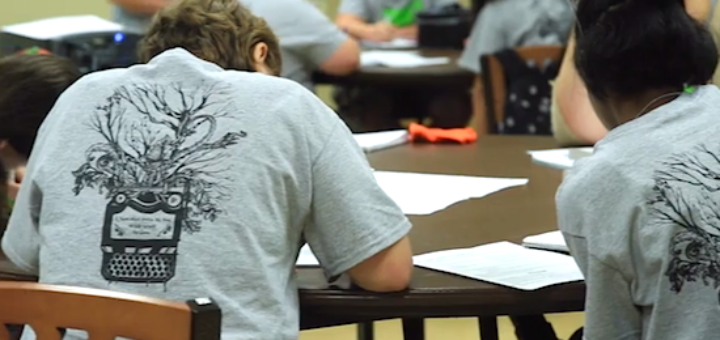Teaching and learning in grades 4-8
Middle schoolers are “notorious sponges” who soak up the emotional energy around them, says teacher Elyse Scott. In the wake of a divisive election, she recommended an activity that can help kids build collaborative skills, empathy and acceptance of other viewpoints.
Toy commercials, so pervasive on TV during the holidays, are a great way to jump-start media literacy discussions with students. Expert Frank Baker has lesson ideas.
Curtis Chandler can’t help but worry a bit about the ‘video-fication’ of our students. Is academic progress being hindered by excessive and ineffective video use? He identifies best practices and several tech tools that can help make sure videos augment learning.
Given social media’s popularity as a news source, consultant Frank Baker says students must gain both the knowledge and the analytical skills to distinguish fact from fiction. Baker highlights the pervasive rise of fake news and shares teaching resources.
Few things are more important to Cheryl Mizerny than creating a classroom environment that honors all of her multicultural students. She looks at beliefs, the visual environment, instructional materials, and teaching choices for ways to support everyone’s learning.
We love to share writing about student writing! Here, in no particular order, are 10 of our readers’ favorite articles. You’ll find a range of posts by teachers, authors and writing coaches. And there’s a bonus for teachers who love to help students fuse words and images.
In a newly revised edition of Performance Tasks and Rubrics for Upper Elementary Mathematics, Charlotte Danielson and Joshua Dragoon show that developing performance tasks and using scoring rubrics are integrally linked. Math lead teacher Barb Rock says it’s an ideal PD tool for schools and systems.
Douglas Reeves advocates 7 interdependent elements of leadership – purpose, trust, focus, leverage, feedback, change, and sustainability – to change schools for the better. Coach Rita Platt will revisit the elements throughout the year to spark more reflection.
Gifted and advanced fifth graders will find the four units in this book – fiction and nonfiction – packed with graphic organizers, tech, and student discourse. Each unit focuses on a text exemplar. Instructional coach Donna Wall says the units provide suitable rigor.
Using evidence to support arguments is challenging for many young writers. As Sarah Tantillo continues her search for ways to teach this critical skill, she shares a tool to help students distinguish between perfect and imperfect evidence and learn to use both.







































